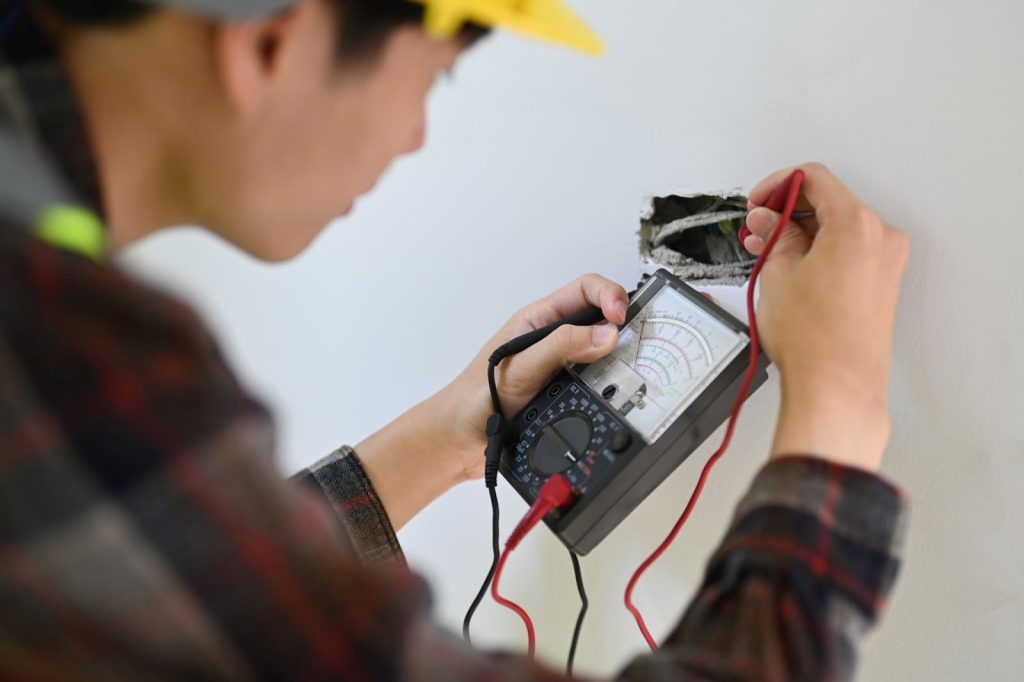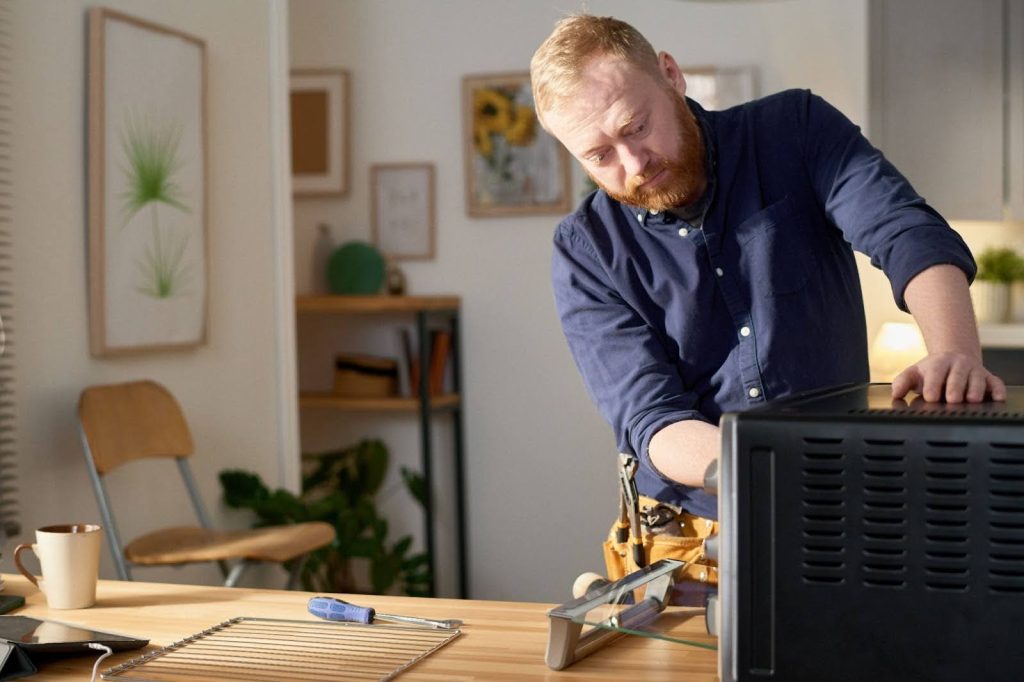Selling electrical appliances without testing them raises critical questions regarding legality, safety, and ethical business practices. This article explores the various aspects surrounding this issue, encompassing legal requirements, safety standards, equipment types, and the impact on businesses. Understanding the intricacies of selling appliances without PAT testing is crucial for both retailers and consumers to ensure compliance with regulations and promote safety.
What is Portable Appliance Testing (PAT)?
Portable Appliance Testing is a process used to ensure the safety of electrical appliances. It involves a series of visual inspections and electrical tests to identify potential hazards and defects in portable equipment. The primary aim is to prevent electrical accidents, such as electric shocks or fires, by confirming that appliances are in a safe working condition.
What Are the Legal Requirements for PAT Testing?
PAT testing, although not a legal requirement, helps to ensure that electrical appliances meet specific legal safety standards. It is essential for businesses, including those selling appliances, to comply with these regulations. Failure to do so may result in legal consequences, fines, and damage to a company’s reputation.
Businesses, especially those dealing with electrical appliances, must adhere to legal safety requirements. This includes selling products that have undergone PAT testing to ensure they are in a safe condition for use. The legal framework varies by jurisdiction, so businesses must familiarize themselves with local regulations.
Who is responsible for PAT testing?
Types of Equipment and Safety Checks
Appliances fall into different categories based on their design, usage, and potential risks. Understanding these categories is crucial for determining the appropriate safety checks and testing procedures required for compliance.
- Visual Checks and Basic Machine Inspection
Visual inspections are the first line of defense in identifying potential defects in electrical appliances. Business owners should conduct basic machine inspections to ensure that appliances are free from visible damage, broken plugs, or other safety hazards.
- Electrical Safety Defects and Testing Equipment
Beyond visual checks, electrical safety defects may be present in appliances. Proper testing equipment is necessary to identify issues such as insulation resistance, Earth Continuity, and safety interlocks. This ensures that appliances meet the required safety standards.
What To Do When Selling Second-Hand Electrical Items
Selling second-hand electrical equipment adds an additional layer of complexity. Whilst you technically can sell equipment without having it PAT tested, you risk selling a potentially dangerous item to another person. Such items may have wear and tear, potentially leading to safety hazards.
It is therefore customary to conduct thorough inspections and testing to guarantee that second-hand items meet safety standards. Hiring a professional PAT testing service will ensure a competent person has assessed your piece of equipment and you can sell it knowing that it is safe for the buyer to use.
What To Do When Accepting Second-Hand Electrical Items
Buyers and establishments such as charity shops often deal with second-hand equipment donated by the public. Ensuring the safety of these items is crucial to maintain the trust of customers and uphold the organization’s commitment to safety. Business owners should establish clear guidelines for accepting and selling second-hand electrical items.
What happens if an appliance fails a PAT test?
Best Practices for Selling or Renting Electrical Equipment
If you plan on selling or renting electrical equipment, make sure you keep these practices in mind to avoid liability and ensure safety.
- Training
Ensuring that individuals responsible for conducting PAT testing are competent is crucial. Training courses are available to educate staff on the proper procedures for testing various types of equipment. This investment in training contributes to a safer working environment and compliance with legal requirements. Alternatively, hire a professional PAT tester for the ultimate peace of mind.
- Business Standards and Commitment to Safety
Upholding high business standards includes a commitment to safety. Business owners should prioritize the safety of their customers and employees by investing in proper testing services, adhering to legal requirements, and providing accurate details on safety testing for each appliance.
- Compliance with Trading Standards
Trading standards vary between regions, and business owners must be familiar with and adhere to these standards. Compliance includes ensuring that products have the necessary approval marks, and conformity marks, and adhere to current product safety regulations.
Professional PAT Testing Services
At Legionella Risk and PAT, we excel in delivering professional Portable Appliance Testing (PAT) services, ensuring the safety and compliance of electrical appliances. Our expert team conducts thorough visual inspections and electrical tests, identifying potential hazards and defects to guarantee safe working conditions.
Our inspections include:
- Inspection of plugs and wiring
- Cable inspections and connection tests
- Identifying continuity and testing it
- Lead polarity checks
- Insulation resistance tests, “electric shock” prevention
With a focus on businesses and homes of all sizes, we tailor our services to meet diverse needs. With quick turnaround times and comprehensive checks, our commitment to excellence makes us a trusted partner in promoting electrical safety.


